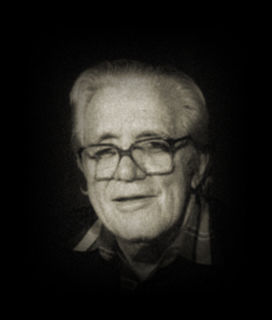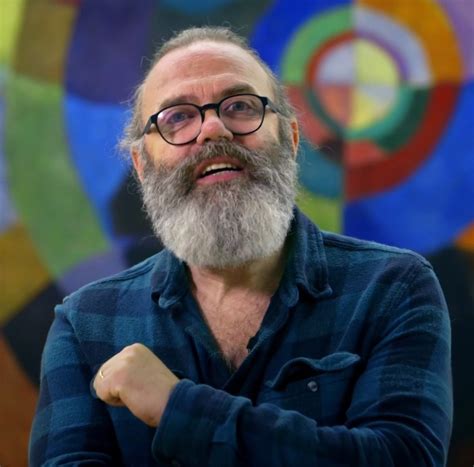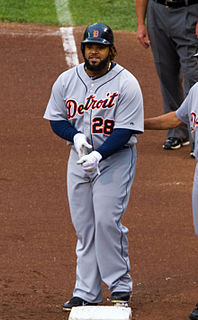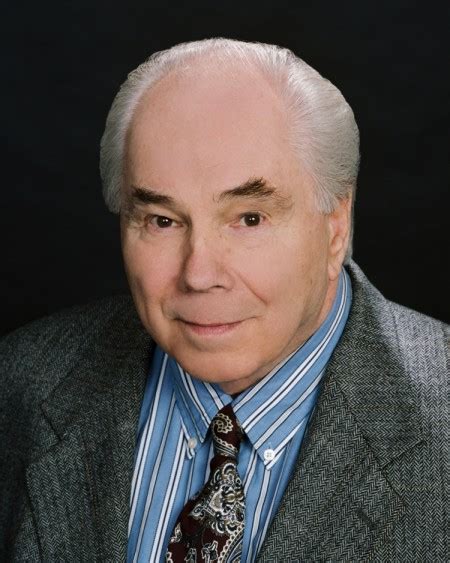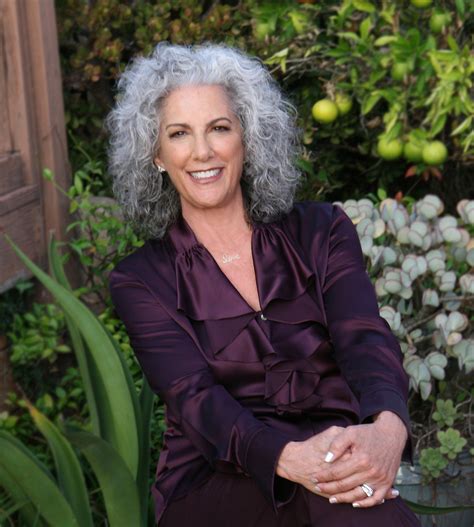A Quote by Carl Whitaker
As much as I would miss my wife if she were to die, I would miss what we are together even more. Our "we-ness," our "us-ness."
Related Quotes
Putting is so difficult, so universally vexing, that the best the pros can do is tell us how to miss. 'Miss it on the pro side,' they say, meaning miss it above the hole. I can't even do that consistently. I miss it on the pro side. I miss it on the amateur side. I miss it on both sides of the clown's mouth.
Without rules you can't have anything, but you don't want to just be pedantic or obsessive. The painting is finished when it's working. The overall balance is right. Balance shouldn't be confused with design. There has to be restless jostle and aggression and a bit of dynamism, not just pat-ness or settled-ness or immediate pleasing-ness.
I miss my father. I miss my grandfather. I miss my home. And I miss my mother. But the thing is, for almost three years, I managed not to miss any of them. And then I spent that one day with that one girl. One day ... It was like she gave me her whole self, and somehow as a result, I gave her more of myself than I even realized there was to give. But then she was gone. And only after I'd been filled up by her, by that day, did I understand how empty I really was.
I miss playing baseball. Just being able to swing the bat, or run, or dive for a ball, or slide into second. If I could even do that in a softball league, I would never miss anything about baseball. I don't miss the crowds or the travel or even being in the big leagues. I just miss being able to take batting practice and being able to swing as hard as I can. That's all I miss.
No other life forms know they are alive, and neither do they know they will die. This is our curse alone. Without this hex upon our heads, we would never have withdrawn as far as we have from the natural—so far and for such a time that it is a relief to say what we have been trying with our all not to say: We have long since been denizens of the natural world. Everywhere around us are natural habitats, but within us is the shiver of startling and dreadful things. Simply put: We are not from here. If we vanished tomorrow, no organism on this planet would miss us. Nothing in nature needs us.
Normal adult shopping is something I will never actually do, because it's no more possible for me to go shopping like normal adults do than it is for a man with no legs to wake up one day and walk. I can't miss shopping like you'd miss things you once had. I miss it in a different way. I miss it like you would miss a train.
Charles Williams has said of the Lord's Prayer, "No word in English carries a greater possibility of terror than the little word 'as' in that clause." What makes the 'as' so terrifying? The fact that Jesus plainly links our forgiven-ness by the Father with our forgiving-ness of fellow human beings. Jesus' next remark could not be more explicit: 'If you do not forgive men their sins, your Father will not forgive your sins.'
Yet again, an ancient answer echoes across the centuries: Listen! Listen to stories! For what stories do, above all else, is hold up a mirror so that we can see ourselves. Stories are mirrors of human be-ing, reflecting back our very essence. In a story, we come to know precisely the both/and, mixed-upped-ness of our very being. In the mirror of another's story, we can discover our tragedy and our comedy-and therefore our very human-ness, the ambiguity and incongruity, that lie at the core of the human condition.
Miss Havisham is a glitch in the smooth functioning of the Patriarchy, enforcing awareness of a moment of social disaster and personal shame, something it seems she would want us to forget (but no one would forget). (Maybe an interesting "discussion question" for readers of Complicated Grief might be, "What do Terry Barton and Miss Havisham have in common?"?)
